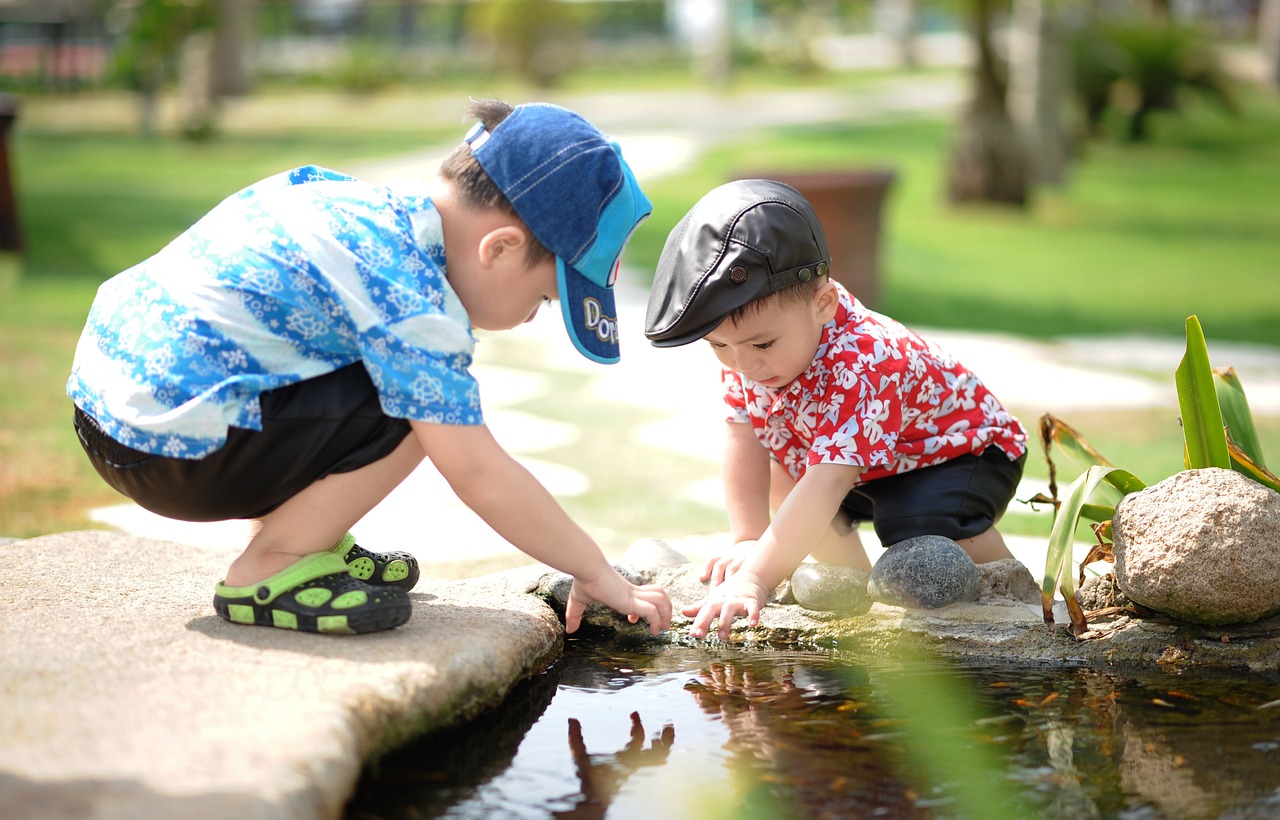
Today is May 24th and on this day in history, we pause to consider brothers—not just the accident of shared DNA, but the profound architecture of connection that shapes us from our first breath.
Brothers occupy a strange geography in our lives. They’re the first other person we truly know, witnesses to our becoming before we even understand what we’re becoming. In bedrooms with bunk beds and invisible lines drawn down the middle, in backyards where we learned the physics of fairness and the mathematics of sharing, brothers teach us our first lessons about otherness—how another person can be simultaneously foreign and familiar, competitor and companion.
The brother relationship exists in a space outside normal social contracts. You don’t choose each other, can’t divorce each other, can’t really escape the fundamental fact of each other. This creates a particular kind of intimacy—one built not on compatibility but on endurance, not on preference but on presence. Brothers know things about us that friends never will: how we sound when we cry, what we look like when we sleep, the exact shape of our childhood fears.
Watch brothers together and you see something ancient playing out. The pushing and pulling, the casual cruelty followed by fierce loyalty, the way they can wound each other with surgical precision yet stand united against any outside threat. It’s tribal behavior stripped down to its essence, the original social contract written in sandbox disputes and shared secrets.
What makes brotherhood extraordinary isn’t the harmony—it’s the discord that somehow resolves into deeper understanding. Brothers learn to navigate difference without abandoning connection. They discover that you can fundamentally disagree with someone and still share a language that nobody else speaks. They practice the difficult art of loving someone not despite their flaws but including them.
In a world increasingly divided by difference, brotherhood offers a different model. Not the easy unity of people who think alike, but the harder work of people who choose to stay connected across the gaps. Brothers know that love isn’t always pleasant, that knowing someone completely doesn’t make them more palatable, that sometimes the people closest to us are the ones who challenge us most.
The ordinary miracle of brotherhood happens every day in millions of homes where two people who started as strangers in the same house slowly build something that outlasts childhood, survives distance, and endures long after the parents who brought them together are gone. In learning to be brothers, we learn the first and perhaps most important lesson about being human: how to remain connected to someone who is irreducibly other than ourselves.
Leave a Reply